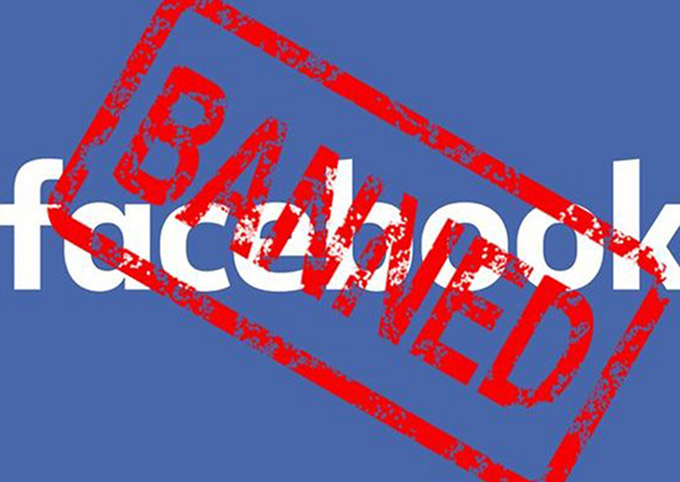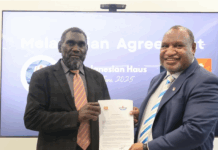
COMMENTARY: By Scott Waide
The reason why politicians in Papua New Guinea are afraid of Facebook is because it has done more in the last 10 years to hold them to account than mainstream media outlets.
Facebook has become the most important tool that provides the verification for so-called infrastructure projects that MPs claim have been completed but have not.
Facebook has been used to hold the former Health Minister Puka Temu to account for the medicine shortages in the country. It has been used to correct misconceptions that Tuition Free Fee (TFF) money has been going to schools.
READ MORE: Scott Waide’s articles on Asia Pacific Report
Teachers from remote schools who have not been paid for months sent their details using the social media network for verification.
With crowdsourced information from Facebook, Papua New Guineans have been able to see the problems in health, education and the economy.
Dr Sam Yokopua, Dr Glen Mola, two of the most senior doctors in the country use Facebook to highlight the most critical shortages affecting Port Moresby General Hospital.
Is it fake news? No.
Business on Facebook
In case you haven’t noticed, thousands of Papua New Guineans use Facebook for business transactions. That’s where they make their money from.
Large businesses use Facebook as a way to reach out to their customers.
How do PNG politicians plan to compensate for the 12 month disconnection with their customer base?
Banning Facebook, will be a huge embarrassment for the country that hosted the Asia Pacific Economic Cooperation (APEC) last November. The high ideals of “digital connectivity” and “digital inclusiveness” will be thrown out the window.
A lot of governments want to ban Facebook. But it really has not worked. China, North Korea, Iran are among the list.
While Iran has a ban on Facebook, people, including the Iranian President, Hassan Rouhani, uses Twitter as an alternative. Point is, you can’t get away from social media.
There is a general agreement that there are a lot of people who use Facebook to spread fake news. They should be investigated and prosecuted using the Cybercrime Act if law enforcement has the capacity to do it.
But to ban Facebook has wide-ranging implications including direct government interference on the freedom of speech of Papua New Guineans and their right to hold their leaders to account.
The best thing to do is:
- Do the right thing by the people
- Be transparent. If there is a problem acknowledge it, fix it and correct misinformation.
- Be truthful. You can’t go wrong in the age of social media.
- Scott Waide’s blog columns are frequently published by Asia Pacific Report with permission. He is also EMTV deputy news editor based in Lae.
- PNG politicians, journalists condemn O’Neill social media ‘crackdown’ plan












































